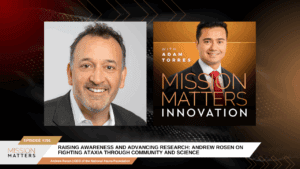What does a placebo mean?
A placebo is a simulated substance that has no therapeutic effect or active ingredients. Often, a placebo looks, feels, and tastes like other therapies being tested in the clinical trial.
What is the placebo effect, and why is it important?
Why are placebo-controlled trials done?
Placebo-controlled trials are done to show the progress of the new therapy compared to those not receiving the new treatment in a similar environment. In a placebo-controlled clinical trial, there will usually be two or more groups. One group will be receiving a new therapy that is being tested, while a second group is receiving a simulated treatment. Participants in the clinical trial will not know they are receiving the placebo treatment, and most times, the administering medical staff and researchers will not know either. When neither the researchers nor participants in the clinical trial know which group is the placebo group, that is considered a double-blind experiment. When the experiment is double-blinded, the chances of improvement because of the placebo effect are lowered.
Other resources:
- https://www.massgeneral.org/neurology/als/research/placebo-trials
- https://www.youtube.com/watch?v=SiA7RiGC1tc
- https://www.nccih.nih.gov/health/placebo-effect
What else can I do to be “clinical trial ready”?
- Join the CoRDS patient registry. Instructions on how to enroll.
















